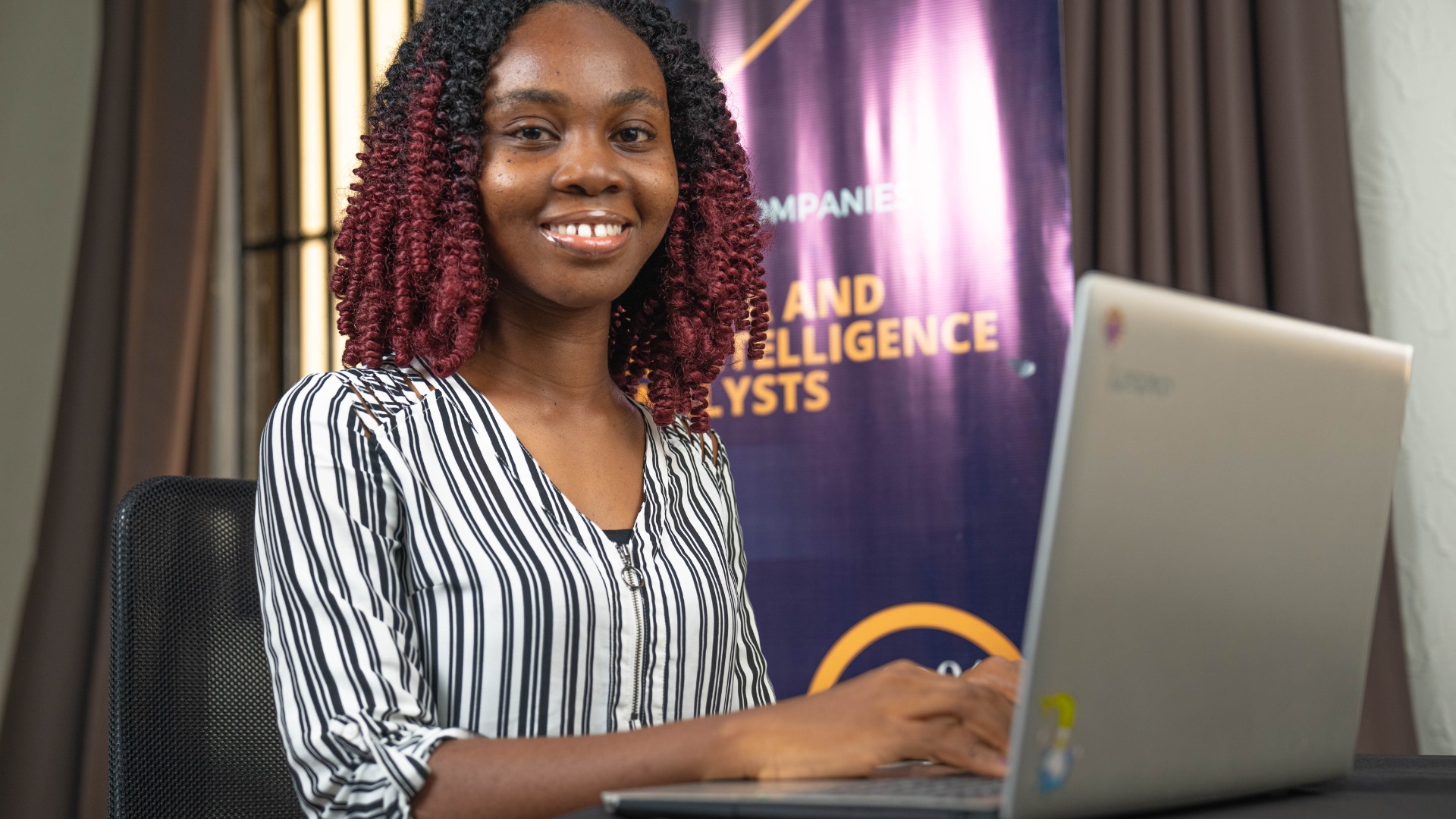Bridging the Gap: Transforming STEM Graduates through the Ghana1000 Program
In today’s rapidly evolving world, the demand for skilled Science, Technology, Engineering and Mathematics (STEM) professionals is higher than ever. However, many STEM graduates face challenges transitioning from academic institutions to the workforce due to a lack of practical skills and real-world experience. According to the International Labour Organisation (ILO), nearly 13 million young Africans, aged 15-24, are unemployed.
In Ghana for instance, the rate of youth unemployment is pegged at almost 50% and is said to be higher than the sub-saharan African average. Recognising this gap, Industry Immersion Africa (iiAfrica) under the auspices of its flagship National Immersion Program (NIP) launched the ‘Ghana1000 Program’, a groundbreaking initiative aimed at equipping 1,000 national service personnel across Ghana with essential employability skills.
The Tailored Approach to Skills Development
The Ghana1000 Program represents a groundbreaking effort to address the critical shortage of skilled STEM professionals in Ghana. By providing comprehensive training in Data and Digital Skills, Business Skills and Soft Skills, the program aimed to empower participants with the tools and knowledge necessary to excel in the modern workplace. Through a rigorous selection process, 794 qualified applicants were chosen to participate in the inaugural edition of the program in 2023, underscoring the strong demand for such initiatives among STEM graduates.
The 6-week intensive training arrangement, which has been meticulously designed, provides participants with a well-rounded skill set essential for success in today’s competitive job market. The curriculum integrates technical skills, such as data analysis and digital literacy; with critical business/soft skills like communication, teamwork, leadership, time management and problem-solving. This holistic approach ensures that participants not only possess the requisite practical expertise but also demonstrate the adaptability and versatility demanded by modern employers.
A distinguishing feature of the Ghana1000 Program is its commitment to accessibility and inclusivity. Unlike many training programs offered on the continent that come with hefty tuition fees, the Ghana1000 initiative offers intensive training at zero cost to participants. This removes financial barriers that often hinder individuals from marginalised backgrounds from accessing quality skills development opportunities, thereby promoting greater socio-economic equity and inclusion.
The Future of iiAfrica and the Continuation of Transformative Initiatives
Beyond its immediate impact on the 794 participants of its maiden edition, the Ghana1000 Program represents a broader vision for transforming STEM education and employment prospects in Africa. By aiming to help up to 1 million STEM graduates find meaningful employment by 2035, iiAfrica demonstrates its commitment to addressing the pervasive issue of unemployment and underemployment among Africa’s youth. As iiAfrica continues to expand its reach and impact, the Ghana1000 initiative serves as a testament to the potential of innovative partnerships and holistic approaches in shaping the future of STEM education and employment in Africa.
Some students from the first cohort of the Ghana1000 Program are notably thriving in their places of posting for national service, showcasing the tangible impact of the initiative. These success stories serve as inspiration for future participants and highlight the effectiveness of the program in facilitating meaningful career pathways for STEM graduates. As the initiative continues to evolve, the anticipation is to witness the emergence of more of these success stories, further solidifying iiAfrica’s reputation as a catalyst for transformative change in STEM education and employment across Africa.
Evidently, the Ghana1000 Program stands as a beacon of hope for STEM graduates in Ghana and beyond, offering a transformative pathway to employment and career advancement. By equipping participants with essential employability skills and fostering a culture of lifelong learning and innovation, the program not only empowers individuals but also contributes to the broader goal of building a skilled workforce for the Fourth Industrial Revolution (4IR). With the emergence of success stories from the maiden cohort of the Ghana1000 initiative, iiAfrica reaffirms its commitment to driving sustainable socio-economic development and fostering a brighter future for STEM professionals in Africa.


